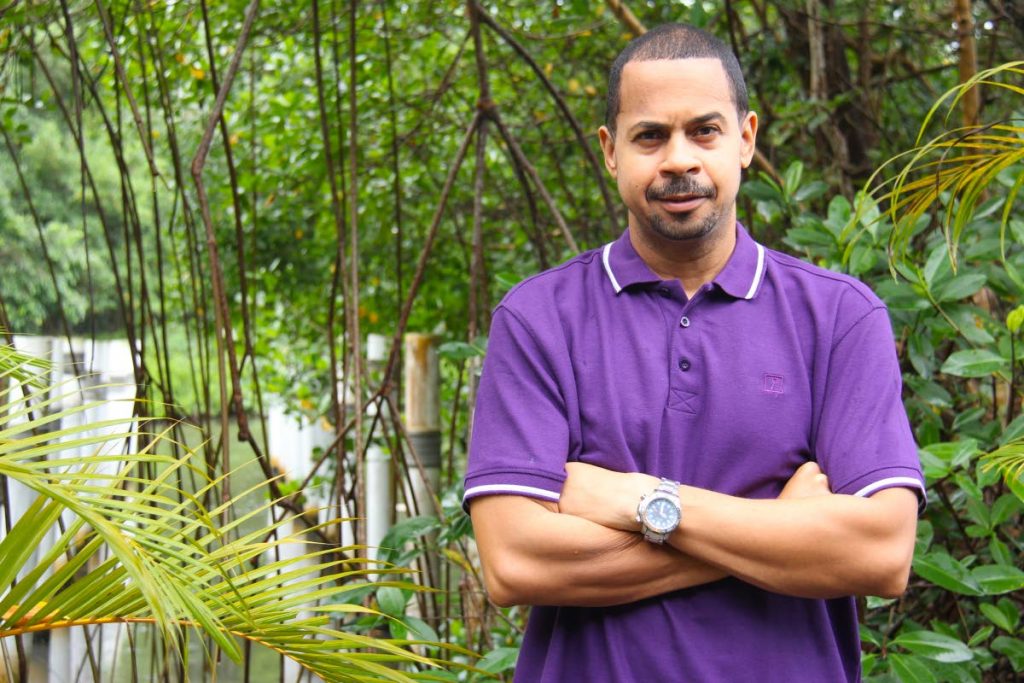Running down the Earth clock

THE NETFLIX series Our Planet is a breathtaking cinematic triumph. Everything David Attenborough touches usually turns to gold, but this documentary series elevates the art of nature film-making to a realm hitherto unexplored.
You can rest assured this is no hyperbole, given that the word “hitherto” should only be used sparingly. Apart from jaw-dropping cinematography, episodes of this limited series allow viewers fresh insights into the intriguing world of plants and the fascinating lives of animals.
Netflix has, however, made a minor blunder. The series should have been placed in the horror category. While the images are moving and the captured vistas striking, the episodes are also replete with the spine-chilling realities facing the entire planet and the human race.
If a viewer isn’t horrified by what this documentary series portends, he or she is either already dead or is a climate-change denier. Oh how wonderful it would be, though, if climate change were the only bullet in the revolver!
In the programme, Attenborough pulls no punches in establishing the extent of the peril. Humans, as a species, are in the endgame now.
Jungles, deserts, mountain ranges and the icescapes of the poles, the documentaries illustrate the interconnectedness of ecosystems, the biosphere and us, the destroyers.
Many are by now used to images of emaciated polar bears looking like dishevelled pelts hung on sawhorses. These creatures are distant to the majority of humans. It is difficult to muster universal sympathy for these animals and their suffering which is caused by retreating ocean ice at the Arctic Circle and the countries that ring this ice cap.
With the oldest ice having shrunk by an astonishing 95 per cent, this has upset ocean dynamics at the top of the world. Additionally, the white surface of the ice reflects most of the sun’s rays back into space. Less ice means more dark surfaces that absorb the sun’s heat. This, in turn, speeds up global warming.
The disappearance of ice at both poles affects the global ocean conveyor, the planet’s circulatory system.
The disruption of ocean currents leads to dramatic shifts in weather patterns and can also impact ocean-dwelling creatures on which we rely for food. Out-of-kilter weather patterns may present as punishing dry spells and drought, or relentless, deadly cold snaps.
With increasingly volatile weather conditions, it will become even more difficult to cultivate crops and raise livestock to feed the burgeoning mass of humanity. Oddly, this in itself can have positive repercussions. Dwindling food sources can trigger armed conflict.
Combined with starvation, widespread war can be very effective at culling human populations, the originators of imbalances that threaten all life on this planet. Even with this Thanos calculus, however, the damage to the Earth’s biosphere may be so acute recovery is a remote possibility at best.
As mentioned, climate change is only one environmental problem. We also have to contend with deforestation, biodiversity loss and pollution. Satellite analysis reveals that in 2018 millions of hectares of pristine rain forest were lost to cattle production, palm oil cultivation and cocoa plantations, to name a few. Forests store carbon, which we are producing in greater quantities.
Yet we continue to undermine the planet’s natural ability to absorb these harmful elements.
Scientists believe the destruction wrought upon primary forests in countries like Brazil, the Democratic Republic of the Congo and Ghana is irreversible.
In places where diverse forests have been replaced with a monoculture like palm oil, biodiversity is lost. Why should we care? Well, if bees, for example, are removed from the biosphere crop cultivation will be extraordinarily difficult without these busy pollinators. Humans are still yet to appreciate that in destroying the planet, we destroy ourselves.
In TT environmental awareness is very much a back-burner issue, both at the level of the State and the average Joe. We seem to care even less now about our impact on our surroundings when we should be more vigilant.
Pristine forests continue to be cleared for housing and industrial applications. Developers proudly declare, “It is our land and we can do what we want.” If the Government can bulldoze forests why should ordinary citizens be held to a higher standard?
Meanwhile, consumption patterns have only grown, our appetites perhaps moderated slightly by a sluggish economy.
Can we change in time to halt the decline? Yes. However, in light of the prevailing evidence the real question should be: will we change? The answer is no.

Comments
"Running down the Earth clock"